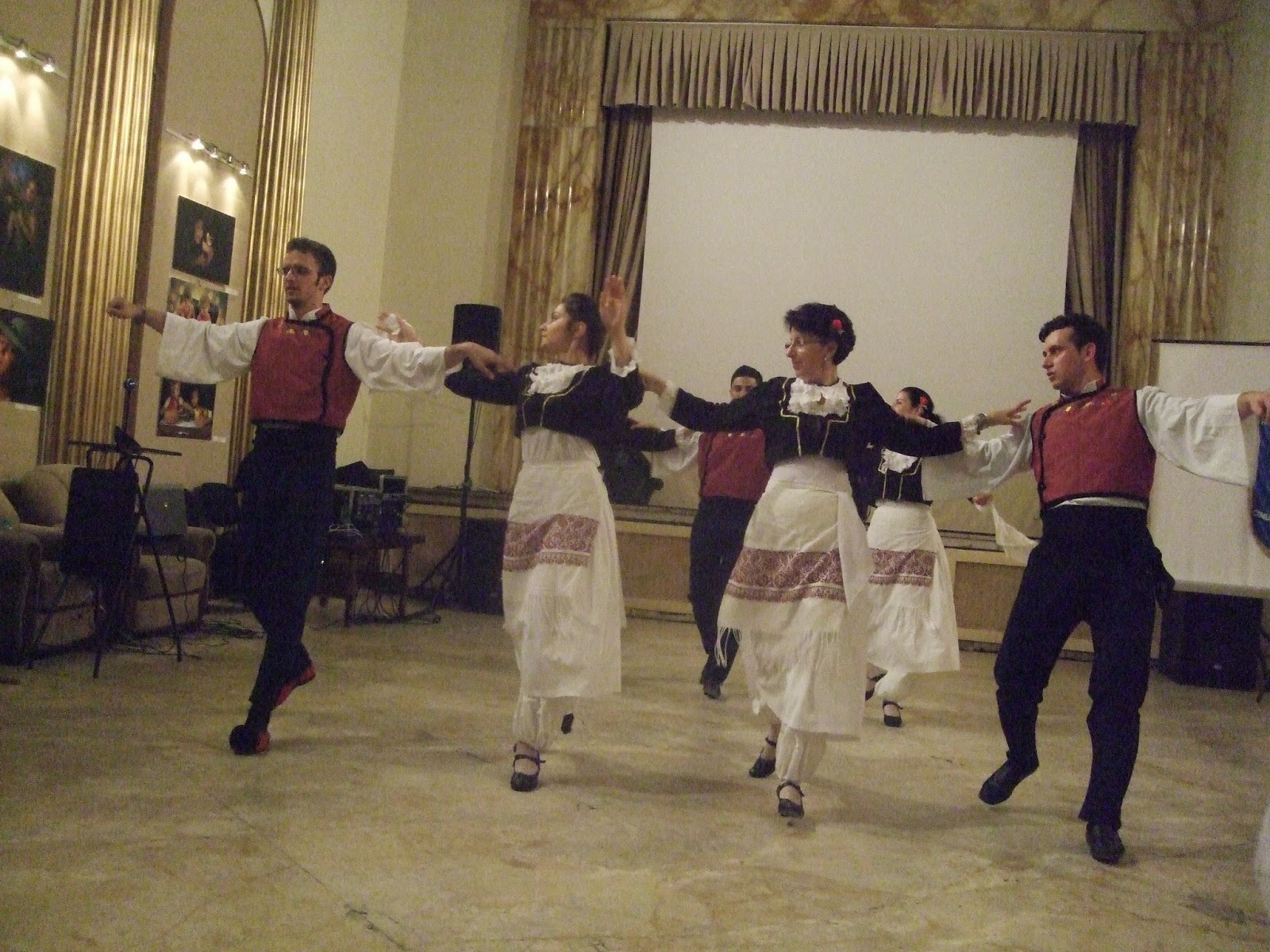National folklore is rarely part of our everyday lives, especially if we're talking about younger generations and city life, and as far as I noticed, some countries give it more importance than others. Romania, for example, tends to be one of these countries, although perhaps not many people are in touch with this part of our national culture. These days Bucharest is hosting an International Folklore Festival in Park Cismigiu, in the city center. The highest amount of participation, however, came still from Romania, featuring Turkish and Hungarian national minorities, plus foreign participation from Bulgaria, Serbia and Latvia. In spite of bad weather, I decided to take a look around and see what is going on. And that gave me some food for thought.
What can we describe as folklore? Traditional music, dances, poems and legends sometimes belonging to anonymous authors, handmade objects and artefacts which are products of long and minutious work, and homemade food. They are not landmarks of modernity, but of ancient tradition, passed on from generation to generation. And the fact that during the event people still took an active interest in it, both Romanians and foreign tourists, made me believe that people do not lose touch with the past, no matter how modern their lives actually are.
And also, the part related to song and dance gave me a pleasant surprise. Numerous artistic assemblies of children and adults from all parts of the country have performed in front of the audience, and their performances were great - joy, simplicity, and a love for folklore. Now, I must admit I generally don't listen to folkloric music, and my knowledge of traditional Romanian dances is pretty basic. I've been a city girl all my life, and not even my grandparents were based in the country-side. However, leaving my own knowledge and abilities aside, I still appreciate folklore not as a consumer, although I love to buy traditional artefacts, all full of colour and different between themselves, according to the region they come from. But my appreciation is especially for what folklore represents for people: a tradition which is still alive, even for the youngest generations, and which still keeps us in touch with our ancient culture.
I believe folklore is something we should at least be aware of, no matter where we're from, and also if we don't perform it or consume it often. It does shape a country's national identity, and it will always be a part of who we are as a nation.









